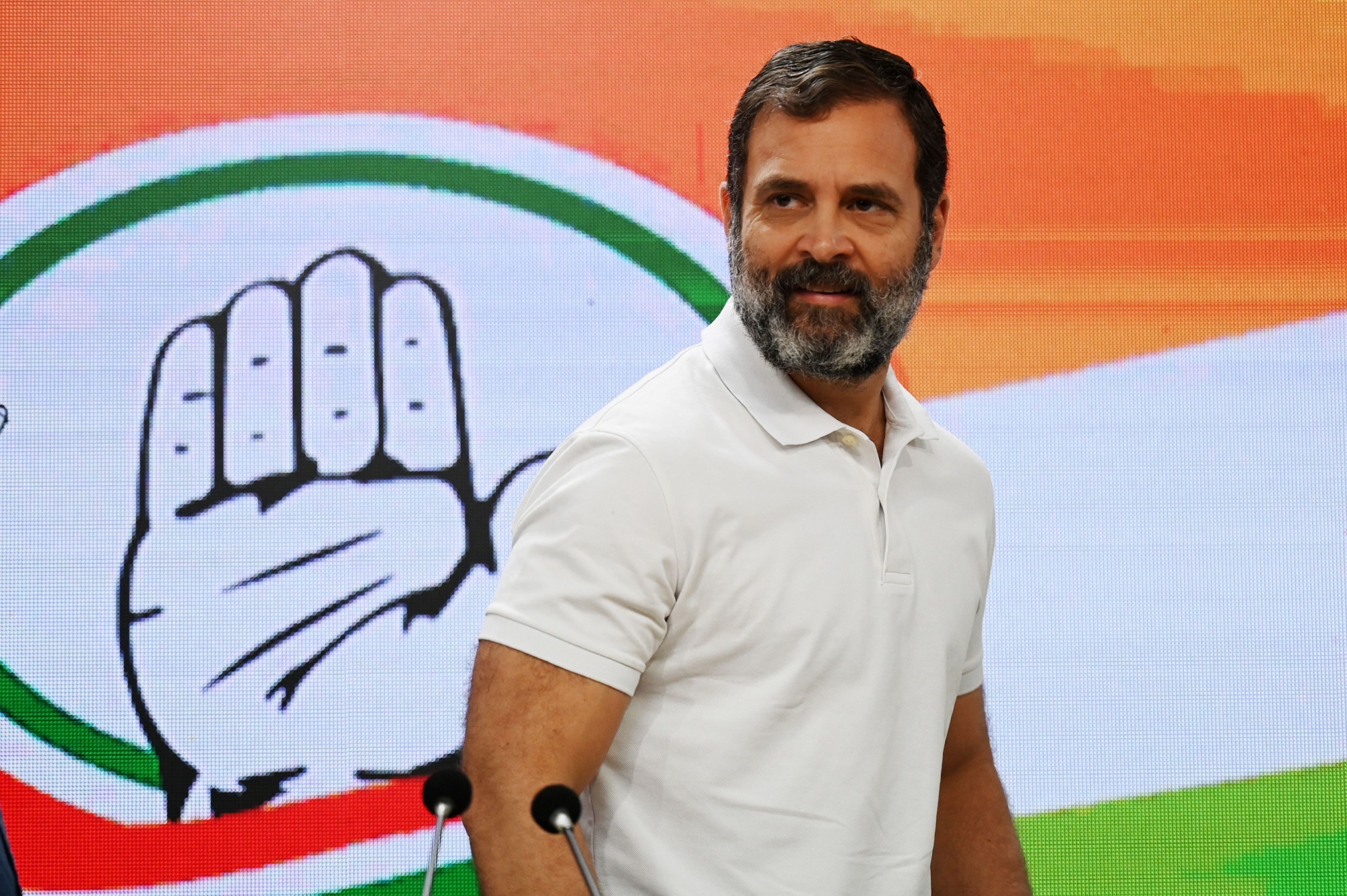Introduction: Rahul Gandhi, scion of the Nehru-Gandhi family, has been a prominent figure in Indian politics, representing the Indian National Congress (INC) party and carrying forward the legacy of his family’s contributions to the nation. This article explores the passions, work, and enduring influence of Rahul Gandhi and his family in shaping India’s political landscape over several generations.
The Nehru-Gandhi Legacy: The Nehru-Gandhi family holds a significant place in India’s history, tracing its roots to Jawaharlal Nehru, the first Prime Minister of independent India. Nehru’s vision of a democratic, secular, and progressive India laid the foundation for the country’s early development and international relations.
Indira Gandhi, Nehru’s daughter, succeeded him as Prime Minister and played a pivotal role in shaping India’s domestic and foreign policies. Her leadership during challenging times, such as the Indo-Pakistani War of 1971 and the Green Revolution, earned her both admiration and criticism.
Rajiv Gandhi, Indira’s son, continued the family’s political legacy and served as Prime Minister from 1984 to 1989. His tenure was marked by initiatives in technology, education, and economic reforms, albeit amid controversies and challenges.
Rahul Gandhi’s Entry into Politics: Rahul Gandhi, born on June 19, 1970, into the Nehru-Gandhi family, was exposed to politics and public service from a young age. Despite initial reluctance, he formally entered politics in the early 2000s, joining the Indian Youth Congress and later ascending to higher leadership roles within the Indian National Congress.
Gandhi’s political journey was characterized by efforts to connect with grassroots communities, understand their challenges, and advocate for inclusive policies. He emphasized the importance of empowering youth, women, and marginalized groups in decision-making processes and governance structures.
Passions and Focus Areas: Rahul Gandhi has been vocal about several key issues affecting India, including social justice, economic equality, environmental sustainability, and inclusive development. His speeches and public engagements often highlight the need for empathetic governance, responsive institutions, and progressive reforms to address systemic challenges.
- Social Justice and Inclusive Growth: Gandhi has advocated for policies and programs aimed at reducing income disparities, improving access to education, healthcare, and employment opportunities for marginalized communities. He has championed initiatives promoting social inclusion, diversity, and equal rights for all citizens.
- Farmers’ Rights and Rural Development: Recognizing the importance of agriculture in India’s economy, Gandhi has been a vocal advocate for farmers’ rights, fair pricing mechanisms, and sustainable rural development strategies. His support for farmers’ protests and calls for policy reforms have resonated with agrarian communities across the country.
- Youth Empowerment and Education: Building on his own experiences and interactions with young Indians, Gandhi has emphasized the need for quality education, skill development, and entrepreneurship opportunities to harness India’s demographic dividend. He has initiated programs and dialogues to engage youth in policymaking and nation-building activities.
- Women’s Empowerment and Gender Equality: Gandhi has consistently advocated for gender equality, women’s safety, and empowerment through legislative measures, social campaigns, and policy frameworks. He has stressed the importance of inclusive workplaces, legal reforms, and societal attitudes that promote women’s rights and participation in all spheres.
Work and Contributions: Rahul Gandhi’s contributions to Indian politics extend beyond his public statements and speeches. He has actively engaged in electoral campaigns, organizational reforms within the INC, and policy dialogues on critical national issues. Gandhi’s leadership style emphasizes dialogue, consensus-building, and grassroots engagement to strengthen democratic institutions and governance structures.
- Election Campaigns and Political Outreach: Gandhi has led several election campaigns for the Indian National Congress at the state and national levels, mobilizing party workers, addressing voters’ concerns, and articulating the party’s vision for governance and development. While facing electoral victories and defeats, his commitment to democratic processes and electoral reforms remains steadfast.
- Internal Party Reforms and Youth Leadership: Gandhi has advocated for internal democracy within the INC, encouraging young leaders to take active roles in party affairs, policy formulation, and electoral strategies. His efforts to rejuvenate the party’s organizational structure and connect with grassroots workers reflect a long-term vision for inclusive and responsive leadership.
- Policy Advocacy and Legislative Initiatives: Gandhi has raised crucial issues in Parliament and public forums, demanding accountability, transparency, and effective governance from the ruling dispensation. His interventions on topics such as economic reforms, social welfare schemes, environmental conservation, and national security have contributed to public debates and policy dialogues.
Challenges and Criticisms: Despite his contributions and efforts, Rahul Gandhi has faced criticism and challenges in his political career. Critics question his leadership style, strategic acumen in electoral politics, and ideological clarity on certain policy matters. The perception of dynastic politics and privileged background has also been a point of contention among opponents and sections of the electorate.
Gandhi’s occasional sabbaticals from active political roles and internal party dynamics within the INC have led to speculations and debates about the party’s future direction and electoral viability. The rise of regional parties, coalition politics, and evolving voter preferences present ongoing challenges for national-level leaders like Gandhi in navigating diverse political landscapes.
Legacy and Future Prospects: The Nehru-Gandhi family’s legacy in Indian politics is intertwined with the nation’s journey towards democracy, development, and social justice. Rahul Gandhi’s role as a leader, reformer, and advocate for inclusive governance reflects continuity with the family’s principles of secularism, pluralism, and democratic values.
As India grapples with complex socio-economic challenges, evolving global dynamics, and aspirations for equitable growth, the role of leaders like Rahul Gandhi in shaping policy debates, forging alliances, and mobilizing public support remains crucial. His commitment to democratic norms, social justice, and progressive reforms resonates with diverse segments of society, especially youth and marginalized communities.
Conclusion: Rahul Gandhi’s journey in Indian politics symbolizes continuity and change within the Nehru-Gandhi family’s legacy. His passions, work, and contributions reflect a nuanced understanding of India’s diverse challenges and aspirations, emphasizing the importance of inclusive politics, responsive governance, and participatory democracy.
While facing criticisms and electoral setbacks, Gandhi’s resilience, vision for social justice, and commitment to democratic ideals continue to inspire political discourse and grassroots activism. His role as a leader, reformer, and advocate for marginalized communities underscores the enduring relevance of principled leadership in navigating complex political landscapes and fostering inclusive development in India.
ChatGPT






